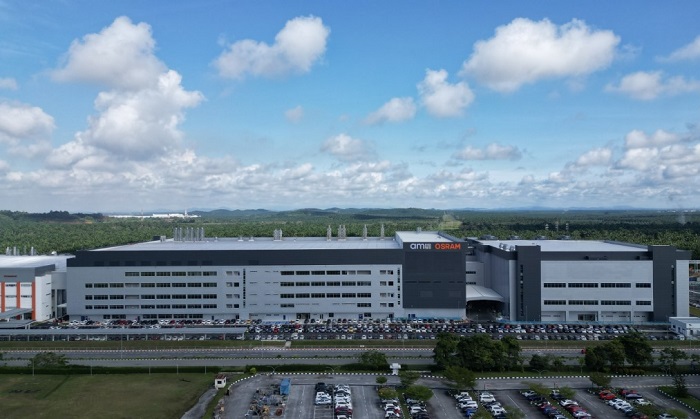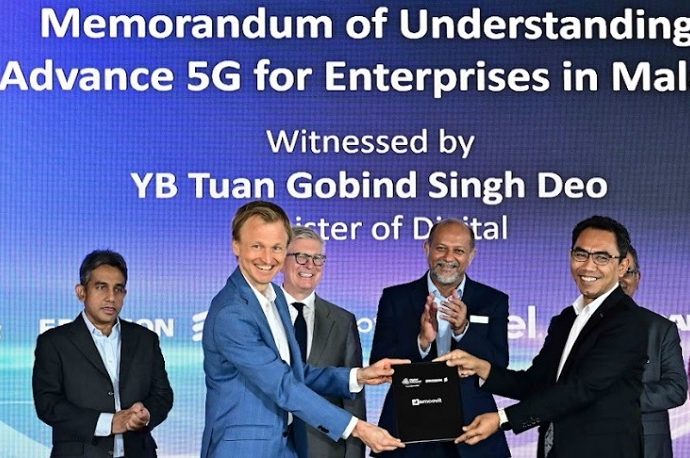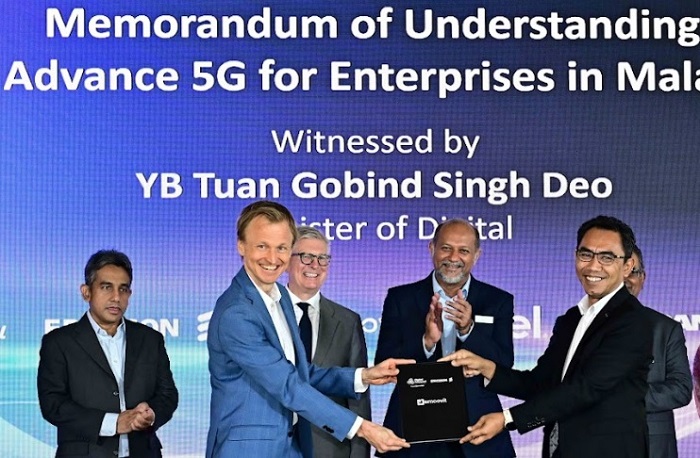Malaysia to assess response to unilateral sanctions amid concern over Iran oil shipments
Following concerns raised by the United States over the role Malaysia-based service providers play in shipments of sanctioned Iranian oil, Malaysia announced on Wednesday ( May 8 ) that it would need to assess its response to unilaterally applied sanctions. A senior US Treasury national stated this week that theContinue Reading


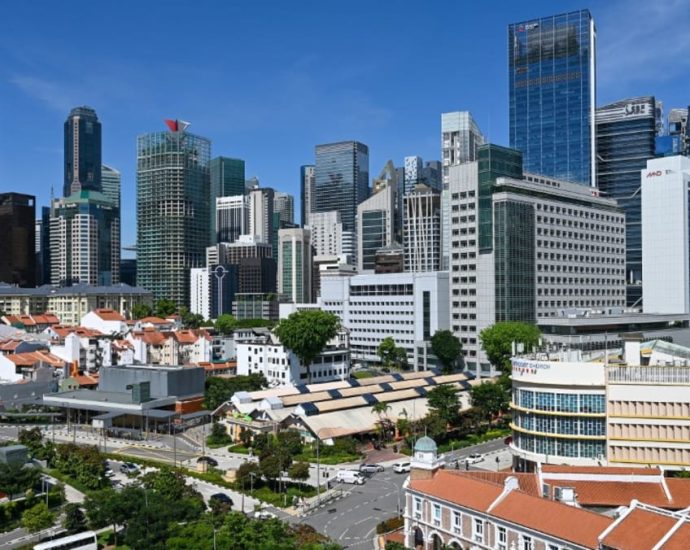
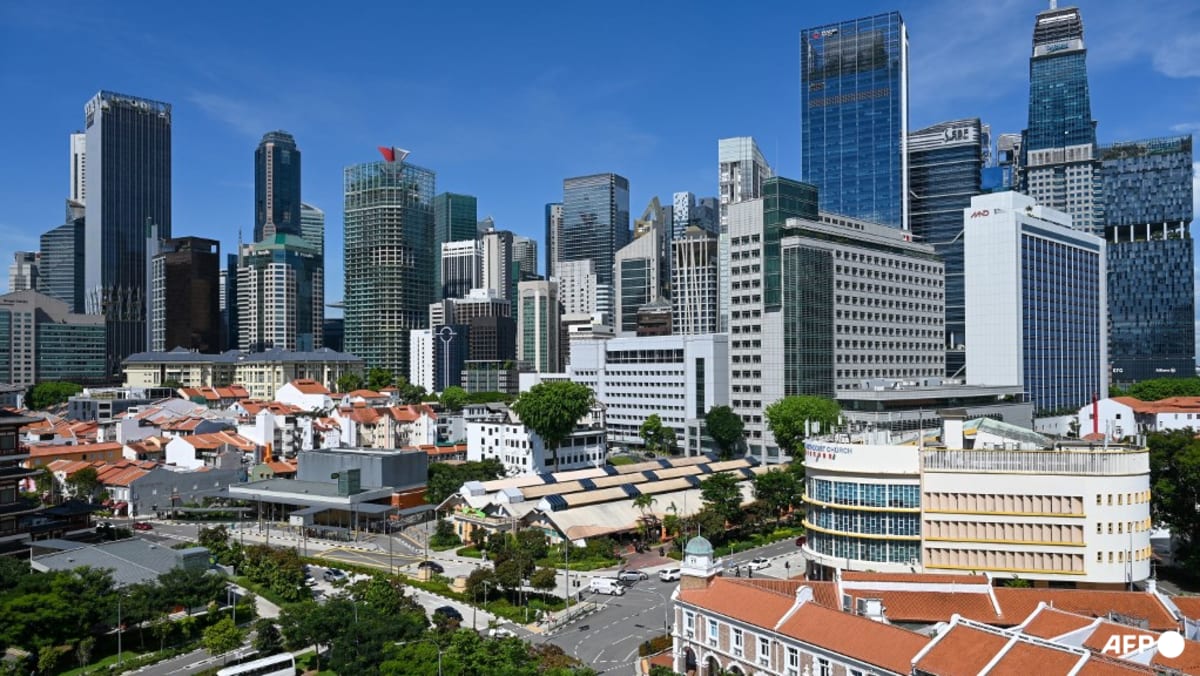



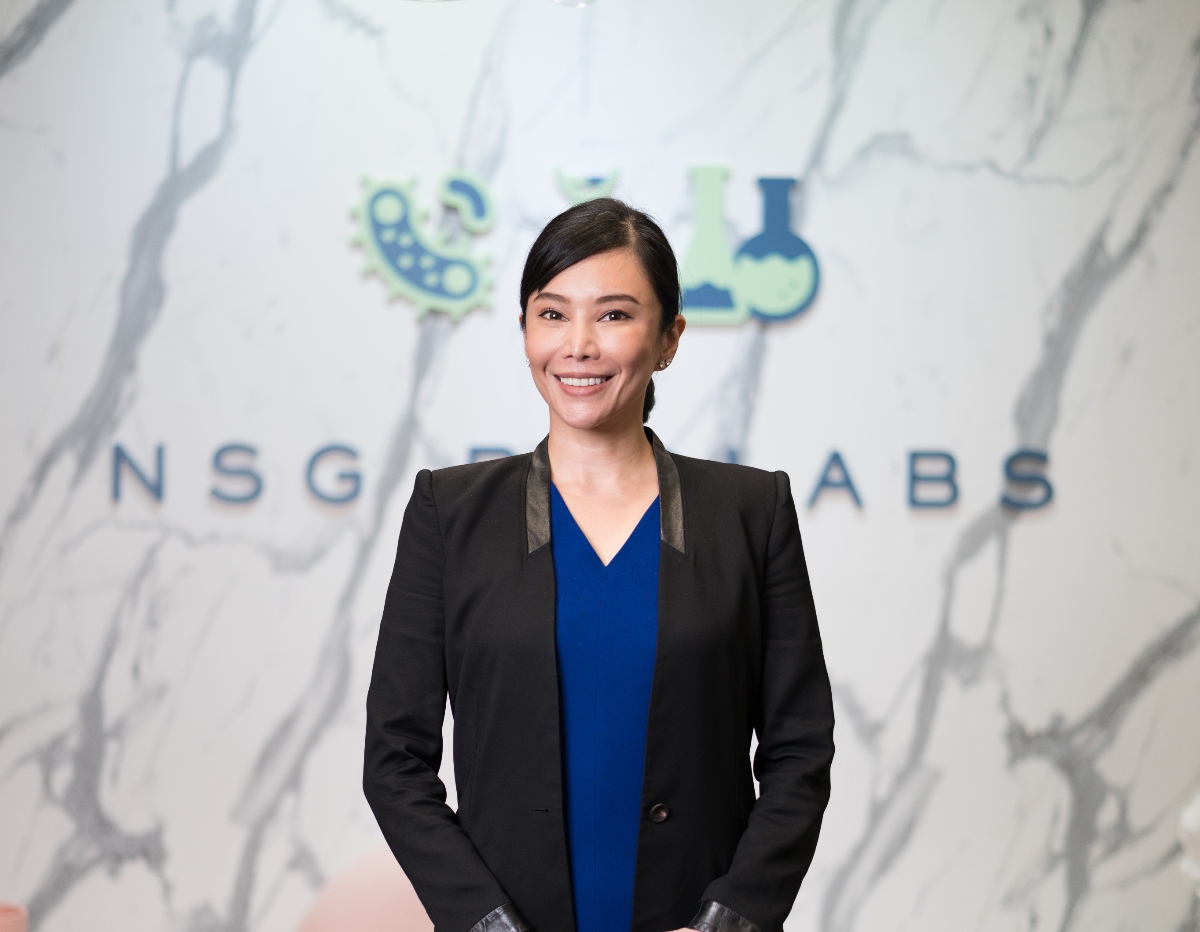 The company’s current residents include numerous multi-billion-dollar corporations as well as numerous promising startups that have achieved significant success. The startup residents have already established hundreds of jobs and successfully raised nearly US$ 400 million ( RM1.9 billion ) in funding.  ,
The company’s current residents include numerous multi-billion-dollar corporations as well as numerous promising startups that have achieved significant success. The startup residents have already established hundreds of jobs and successfully raised nearly US$ 400 million ( RM1.9 billion ) in funding.  ,
